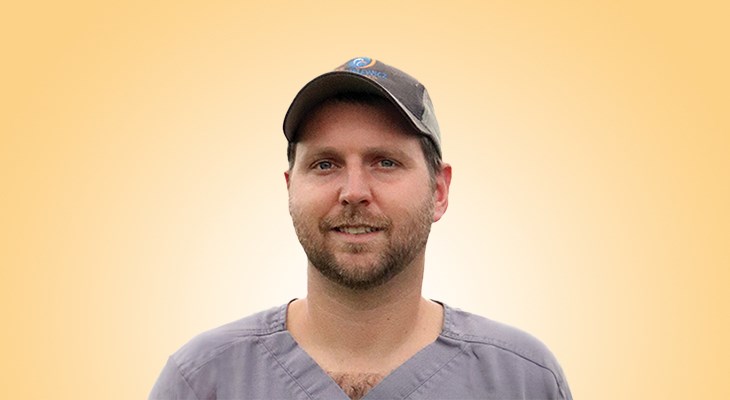Joe Jurgielewicz & Son Ltd. has been through a windstorm the past couple years. Jim Jurgielewicz, President, of the company, says those in the food business were either a big winner or a big loser during COVID.
"Unfortunately, we were on the losing end because we're mostly foodservice," Jurgielewicz says. "So, when restaurants, and especially Chinatowns, shut down, we were literally the first ones hit. So, our business just dropped."
He says they were at a point where they were putting about 95 percent of what was coming into the plant into freezers.
"And that's not a business where you just stop producing," he says. "It takes about 20 weeks to slow down. The time you start slowing down on eggs and bringing those eggs into the hatchery and then, birds into the field, bringing them into the into the plant. It was quite the experience."
Jurgielewicz, however, was not the president at that time. There was a relatively new president on board who was brought in to be a mentor to the brothers. But he realized during the chaotic period that he wasn't really needed.
"He just politely said, You guys are making the decisions anyway. Why am I here? Stop paying me. And there was a family decision, they voted me. And so that's when I took over. It was during COVID. And we got out of that mess had a great '21."
However, the company's tough times weren't over. In 2022, avian influenza hit many poultry businesses, including his. The company lost about 70 percent of its production that year.
"So, taking over in the middle of 2020 to now, I mean, everything's changed," he says. "There's not one thing that's similar. But it's pretty cool to be on this side of it."
One of the fundamental principles to a successful transition of a family business from one generation to the next is establishing family rules. Often, those rules are unique to each family. Jurgielewicz says those conversations started when he was in high school. His parents brought in family business counselors and began talking to the whole family about how it would operate.
"I wish we could go back and record some of those because I think some of those were the most honest and best conversations that there were because there was no strings attached," Jurgielewicz says. "It was just what made sense."
The company is fairly structured in how it operates, he says. On the operation side, they have a monthly financial meeting. Once numbers are out, the family gets together for a two-hour meeting. The first hour is all finances and looking at the performance between both companies, presenting numbers from Pennsylvania and Indiana. The CEO, his father, has the floor and is firing away questions. His two brothers on the sales and marketing side answer. Then it flips in the second hour to family business.
"It's obviously not black and white because it's very difficult to completely separate them, but it's going to be discussions about if somebody's not pulling their weight, we bring it up. If somebody did something that is anti-culture — and that's what we're trying to continuously build, and you have to be better than that as a family member, you have to be well above that threshold — that's the time to call it out," he says. "That also might be the time where I can be put in my place in the president role and my brothers can ask questions on decisions that I made, because at that point, they've come on to the ownership role. That's difficult. But that's what it's there for. And then they can ask me those questions and I have to answer to them as ownership."
Still (and maybe, obviously), things change over time. Families grow and that influences what is best at the time given the circumstances. But, he says, having those conversations and establishing structure was a very good start and he feels fortunate to have it.




